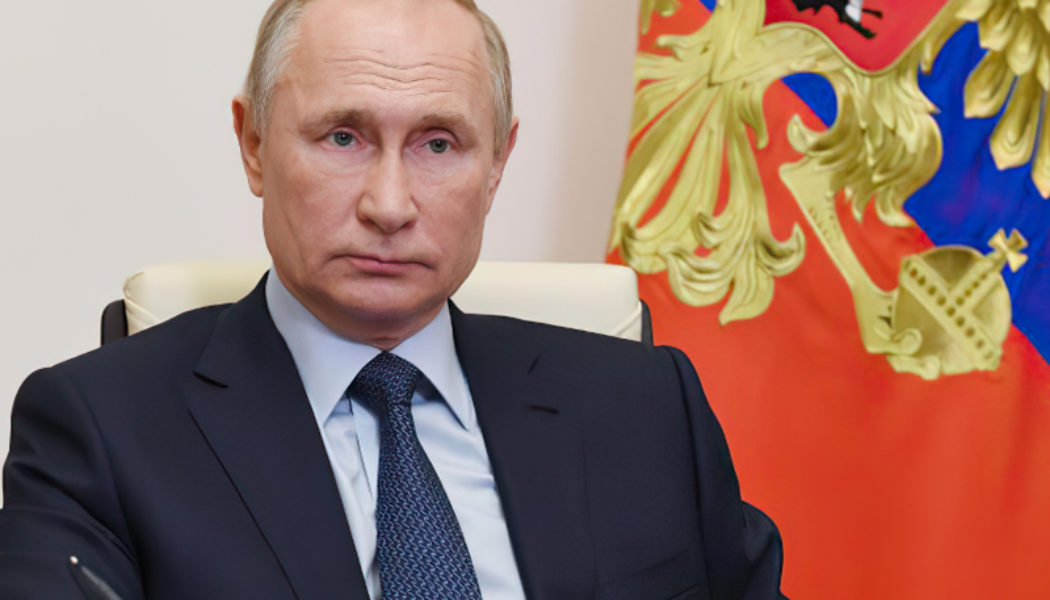Ukraine War
How the Russia-Ukraine War Could Affect Cybercrime
Image sourced from Packetlabs. Russia’s war on Ukraine and its increasingly isolated internet environment could drive Russian cybercriminals to think outside the box and launch new forms of cyber attacks. This is according to Nclose’s Co-Founder & Technical Director, Martin Potgieter, who says speculation and concern is mounting around the world, over what Russia’s cyber crime syndicates’ next moves will be. “Currently, the cybercrime focus appears to be predominantly between Russia and Ukraine cybercrime groups and governments. While this is strictly speaking cyber warfare, it could quickly spread elsewhere. “What we are seeing is that a few of these cybercrime groups are either taking sides or imploding amongst themselves due to their Eastern European links with one another,” says Po...
Ukraine War Leads to Largest Ever Spike in DDoS Attacks – Kaspersky
Image sourced from Packetlabs. According to Russian cybersecurity group Kasperksy, compared to Q1 2021, the number of Distributed Denial of Service (DDoS) attacks in Q1 2022 rose 4.5 times with a considerable number of the attacks likely to be the result of hacktivist activity. Kaspersky says it operates independently from the Russian government, even as its antivirus software is being investigated in Europe. The firm continues that the attacks also showed an unprecedented duration for DDoS sessions, particularly those aimed at state resources and banks. Further information has been included in a report issued by Kaspersky. DDoS Attacks Distributed Denial of Service (DDoS) attacks are designed to interrupt network resources used by businesses and organisations and prevent them from functio...







